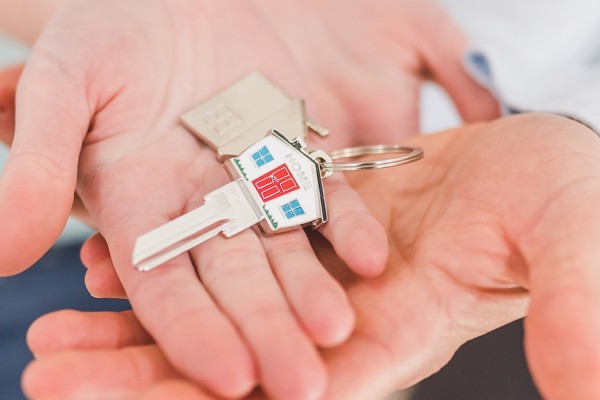What is a Deed of Variation?
Following a death, the people who inherit (the beneficiaries) can, in certain circumstances, opt to alter the division of an individual's estate. This applies whether the division has been set out in a Will or is determined by the laws of intestacy (where the deceased died without a Will). This may be done by all of the beneficiaries or by a single beneficiary who decides to simply redirect part or all of his or her inheritance to a third party.
If this is completed within two years of death, an election can be made under the Inheritance Tax ("IHT") and Capital Gains Tax ("CGT") legislation to have the redirection read back to the Will so that for these taxes, the redirection of assets is treated as a gift made by the deceased and not by the individual(s) who was/were originally due to benefit.
What are the benefits?
There are often clear tax benefits. If properly prepared, this can allow an inheritance to skip a generation in a tax efficient way. While this may not have an instant IHT benefit in that this may not alter the IHT position of the deceased's estate, it allows for future planning in the case of a financially-secure adult beneficiary who elects to pass their inheritance on to their own children, without this forming part of their own personal estate. Had that beneficiary decided to simply make a gift from their inheritance, this may have had IHT and CGT implications for them.
Deeds of Variation can also be used to achieve a tax saving on the deceased's estate. An example might be where the deceased died without a Will leaving a surviving spouse and adult children. Depending on the size and assets in the estate, the children may inherit assets as well as the spouse and if the value of the children's share of the estate exceeds a certain amount, an IHT charge may arise even though there is a surviving spouse.
Even if the value of the children's share is below the amount which would trigger a charge to IHT, this may have an impact in the longer term as there will be reduced "allowance" available on the death of the second spouse so there may be more IHT to pay at that stage than what would otherwise have been the case. A Deed of Variation can be used to redirect the children's share to the surviving spouse so that the estate becomes completely exempt from IHT and preserves the IHT "nil rate band" for use on the second death. This won't be possible in the case of young children who lack legal capacity and difficulties can also arise if the deceased's Will sets up a trust (without intervention by a court) so tailored legal advice is needed to consider whether a Deed of Variation is an option.
For tax purposes, a Deed of Variation will also be struck down if the redirection is made for consideration. In the example above therefore, if adult children agreed to redirect their share of the estate to the surviving parent on the condition that the parent will then gift that sum to them at a later date, this is not effective.
We are also seeing more people using Deeds of Variation to make gifts to charity which can also result in an IHT saving as gifts to registered charities are exempt from IHT. If beneficiaries decide to gift more than 10% of the residue of the estate, they will also benefit from a reduced rate of IHT of 36% instead of the usual 40%.
As well as the tax benefits, a Deed of Variation also provides beneficiaries with the opportunity to organise succession to suit their circumstances, which might have changed since the time a Will was prepared, perhaps many years previously. There may, for example, have been lifetime gifts which the family now wish to equalise. Alternatively, the beneficiaries may wish to benefit someone who did not previously benefit from the deceased's estate - such as a new partner or a grandchild who was not born at the time a Will was written. It also allows beneficiaries to agree on a distribution in cases of intestacy, where inheritance is determined by law, and will not always be in accordance with the wishes of the deceased.
What is the future for Deeds of Variation?
While the Chancellor's announcement of a review of Deeds of Variation was not anticipated in this year's Budget, the use of Deeds of Variation has been a political football for some years. What is clear is that they should never be taken for granted and succession planning should not therefore be structured around the assumption that they can be used. We always advise clients to take advice during their lifetime. Such planning will often extend beyond the scope of their estate which can be dealt with in a Will, with pension planning, for example, becoming a more important part of succession planning for many.
At Morton Fraser, we are experts on all areas of succession and tax planning. If you wish to discuss your own situation, contact us now for further clarity.


